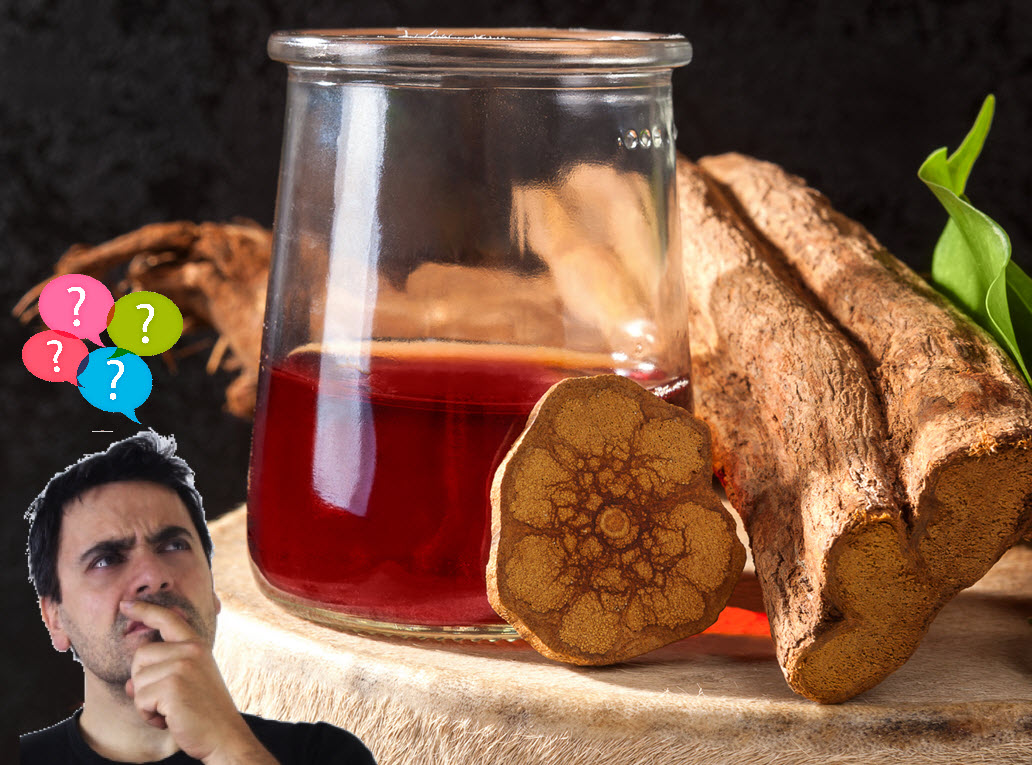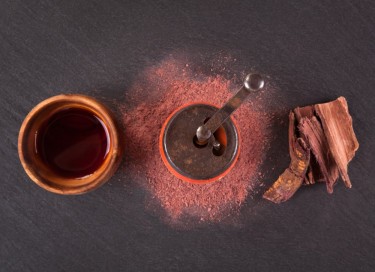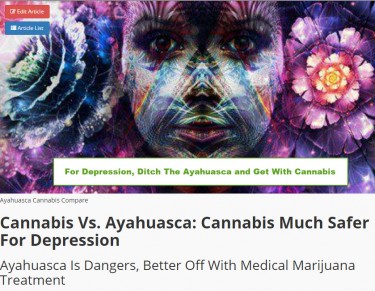
Is Ayahuasca even legal in the USA?
Ayahuasca is a popular name in some circles while others are unaware of what this entheogenic brew is. More importantly, the status of the drink in the United States is also a major discourse issue. This is because many do not have precise facts about what the law says and what the government is allowed to enforce. Read on as we delve into the legality of ayahuasca in the United States.
2006 was the breakthrough year for ayahuasca, which came into the spotlight after a federal lawsuit over its use in the United States was won by a Brazilian religious society called UDV. The importance of this case is largely due to the fact that the main content of ayahuasca, known as DMT, is a psychedelic substance. This psychedelic substance was originally banned by the US government in 1970, making winning this case a great opportunity for ayahuasca to grow in the country. This sparked questions and reactions regarding the legality of ayahuasca in the United States and like many questions regarding the legality of psychedelic substances in the United States, it is a bit complicated.
What is Ayahuasca?
The special drink is not always called Ayahuasca, as some call the drink Yage or Hoasca for short. It is a traditional drink that can be traced back to various tribes in the Amazon as well as other parts of South America. The main ingredients of ayahuasca are the vine of Banisteriopsis caapi and the shrub of Psychotria virdis. The synergy between the two ingredients helps to achieve the entheogenic brew. The psychedelic compound DMT (N, N-dimethyltryptamine), which leads to intense hallucinations, comes from P, viridis, while various alkaloids in B. cappi help ensure that DMT is not broken down too quickly in the body. This gives the compound considerable time to develop its intended effect.
Ayahuasca causes other types of effects than just visual and auditory hallucinations. It promotes feelings of euphoria, cleansing through vomiting or diarrhea from tears, and deep, psychological and spiritual insights. It is for this reason that the drink has been used for various spiritual exercises among the indigenous tribes in the Amazon and is why the brew has attracted so much attention.
It will be hard to talk about ayahuasca and not properly talk about DMT. The psychedelic compound is found in various plants and animals, and some researchers are investigating the compound’s potential medicinal benefits. However, known side effects of the compound include paranoia, confusion, and anxiety. These properties led many to believe that the compound will follow the trend of other psychedelics and show high levels of addiction. This led to the restrictions and an outright ban imposed on the site by the US government in 1970. The same goes for international laws that prohibit the use of DMT.
Ayahuasca in the US: The Role of Religion and Politics
First of all, it must be clearly stated that the INCB (International Narcotics Control Board) has declared that all countries reserve the right to retain the legislative competence on ayahuasca. The classification of DMT as a List 1 drug under the Controlled Substances Act of 1970 makes ayahuasca illegal in the United States, but there are a few exceptions. Since ayahuasca has a deep spiritual meaning for various religious groups around the world, a tricky situation arises regarding its illegal status. The UDV (União do Vegetal) is an example of such a group, as the drink is used in one of their formal ceremonies. The vomiting caused by the brew is considered a form of cleansing. Others also believe that taking ayahuasca can lead to some sort of spiritual awakening.
That basis creates an exception for such groups and is the main factor in case the group won in federal court in 2016. This is because certain religious traditions are protected by the Restoration of Religious Freedom Act 1993. Another religious group known as Santo Daime gained similar rights to consume ayahuasca in March 2019. This is just one of the special cases that cover Ayahuasca use in the United States.
Ayahuasca in Oakland and Michigan
We mentioned earlier that protecting religious practices is not the only way for ayahuasca to be used legally in the United States. There is also another opening in states and cities like Oakland and Michigan. To preserve and protect some entheogens produced by plants and fungi, some states have decriminalized natural entheogens. The Oakland City Council of California first did so in June 2019, when natural entheogens were unanimously decriminalized. The interpretation of this is that anyone who owns and uses such entheogens cannot be prosecuted. Fortunately, this also includes ayahuasca, a product made from the P. viridis shrub and B. caapi vine.
Others followed this bold move by the Oakland City Council of California, as Ann Arbor’s Michigan city did in September 2020, as did Washington DC in November 2020. This opening is welcomed by users and lovers of ayahuasca in these states and cities and has created a complex Image of the legality of Ayahuasca in the USA.
Bottom line
It is now apparent why there appears to be much debate and controversy in the United States over the legality of ayahuasca. While it’s pretty clear that designating DMT as a List I narcotic makes the brew illegal, opening it up to religious organizations raises many questions as to why it should only be applied to such groups.
Ayahuasca lovers are sure to be on the lookout for the nearest cities to take steps to protect naturally-produced entheogenic compounds or the federal stance on DMT. Even so, no one can really say what the future holds for the legality of ayahuasca in the United States. One thing remains certain for now, the fact that the brew is illegal in the United States.
IF YOU WANT TO TRY AYAHUASCA, READ MORE …

I TRIED AYAHUASCA LAST WEEKEND FOR THE FIRST TIME, HERE’S WHAT HAPPENED ..
OR..

CANNABIS OR AYAHUASCA FOR DEPRESSION, WHICH IS BEST?

Post a comment: